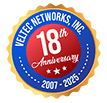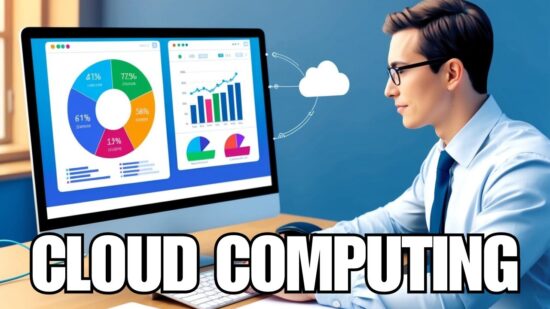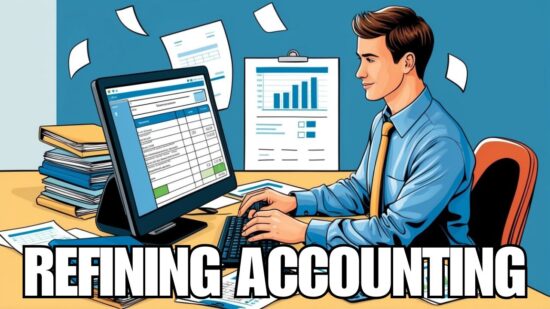How do you know your database is being managed effectively?

You want someone who knows how to not just prevent disaster, but also optimize the equipment you have so that you get a better return (less downtime, more productivity, more revenue) on your investments in IT infrastructure.
Reducing downtime and optimizing your equipment will make your workforce more productive, and more productive workers will get projects done faster and allow you to have an easier time meeting and exceeding your revenue goals.
The problem is that DBAs make an average $80,000 salary, and a really qualified candidate will run you at least six figures. A lot of SMBs don’t have the budget to add that kind of salary to their payroll.
Veltec Networks will manage your database at a fixed rate that’s much more affordable than the wages and benefit you’d have to pay a DBA.
Here are 6 questions you can ask prospective IT companies in San Jose to make sure you’re truly trusting the best option to manage your database:
- What third party tools would they use?
The tools a DBA chooses to use reveals a lot about their dedication to the craft of IT.
They should have a strong preference of which data modeling, change management, compression, and alerting tools are their favorites.
Asking about what tools they have actually used on the job before might not be a very productive question, because who knows if they’ve only worked with tight budgets and no option other than native tools.
You want someone who is in touch with the latest developments in business tech and gets excited about new toys. That’ll allow you to separate who’s truly passionate about IT and who’s just putting in the hours.
2. Can you describe the first through fifth normalization forms?
Someone trying to bluff their way through an interview by overstating their abilities won’t expect any overly technical questions from a non-IT professional.
Let’s surprise them.
Here’s a quick rundown of those 5 normalization forms, hit candidates with a quick verbal quiz on those 5 forms to see how prepared they really are.
This trick will allow you to quickly weed out a few candidates who are in over their head.
- What port does SQL server run on?
Here’s a quick question, with a quick answer: SQL runs on 1433.
- What is cardinality?
This one’s kind of a trick question, as the word “cardinality” has dual meaning.
In math, it refers to the number of elements in a set.
In database management, the term means something else entirely: cardinality refers to how many unique values are in a column of a table. Understanding cardinality allows Veltec Networks to plan inquiries and optimize execution plans.
- What are the 3 elements of an ERD?
An Entity Relationship Diagram (ERD) allows you to visually organize the relationships between database entities. The 3 elements of an ERD are the entities themselves, their attributes, and their relationships. This is just another quick question and answer to help you get rid of anyone who’s unqualified.
- What is NoSQL?
NoSQL means Not Only SQL.
It’s an alternative to the tabular relations used in relational databases, using instead graph stores, key-value stores, document databases, and wide-column stores. It’s popular because of its simple design, horizontal scaling, and the ability to store information without finalizing the data model. Your database management expert should know this.
These 6 questions shouldn’t be the only questions you ask: far from it. But they will help you filter out the candidates that bring nothing to the table and therefore they will make your decision a little easier.
Give us a call at (408) 849-4441 or send a message over to info@veltecnetworks.com for more information about our database management and other IT services.






